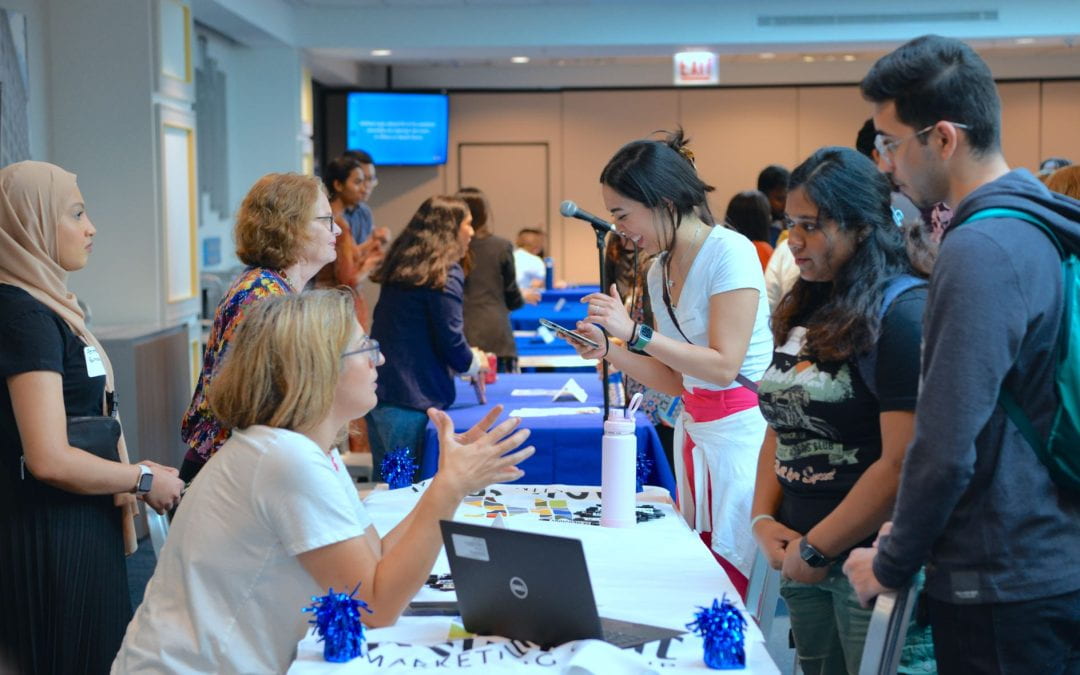
Returning to School as a Nontraditional Student? Here’s what You Need to Know
By Ferdi Alfajora
In summer 2024, after several years of deliberation, I decided to go to graduate school.
As a nontraditional student, what value do I really get from a master’s degree? I’ve been out of school for many years and have been working in the tax profession. I had been thinking about getting a graduate degree, but I was hesitant because of various reasons. Mainly tuition cost and time — but also, frankly, I was not sure how younger students would react to an older student in class.
Returning to school
So, why go back to school for my masters? After all, I’ve already reached a fairly high-level position in the tax profession. I’ve worked in full circle of the profession as a tax auditor, a tax consultant for the Big Four, and a tax executive for a publicly traded company. As far as tax profession is concerned, I have been a tax client, a tax consultant, and a tax auditor. That’s the full circle of the profession.
Most, if not all, of my knowledge comes directly from those experiences as a professional. Tax knowledge gained through experience is useful, but I’ve always felt that there are gaps in my knowledge because I did not acquire it through in-depth research, discussion, and analysis. I decided that there is value in getting my master’s degree in taxation: to fill in the gaps. I know enough about taxes — but I also don’t know what I know.
So here I am, pursuing my master’s degree in taxation.
Choosing DePaul
As I browed the courses for the online M.S. in Taxation program, I wasn’t entirely clear as to what “online” meant. Did it mean courses are live and you attend via videoconference so that you can see other students and the professor on your screen? Or did it mean courses are pre-recorded and you can watch them at your leisure? Would there be homework, exams, and quizzes? How would they be administered?
As I pondered these questions, I got an email from DePaul inviting me to make an appointment with my advisor for any questions. My questions were answered. There are both live and pre-recorded classes. In fact, most of the live online classes are also recorded, so you can go back to the recording if you miss the class. Professors are also easy to get a hold of; they have office hours via Zoom, and you can also email them directly.
Finding community
One key takeaway that I did not anticipate was the number of students that are just like me. I was happy to see that half the class are older or nontraditional students with years of experience in the tax field.
Younger students often come to us because we are experienced, and ask us questions about what’s it’s like being a tax professional. They welcome our advice and suggestions on how to prepare for job interviews, how to approach questions, and deal with clients.
Overall? I know I’ve made the right choice in returning back to school and selecting DePaul’s M.S. in Taxation program.
About the author
Ferdi Alfajora is a first-year graduate student at DePaul University. He served in the U.S. Marine Corps for both active and reserve duty. He worked as a tax auditor for the State of California, a tax manager with PwC, and a tax director for Insight Enterprise (NSIT).






Recent Comments